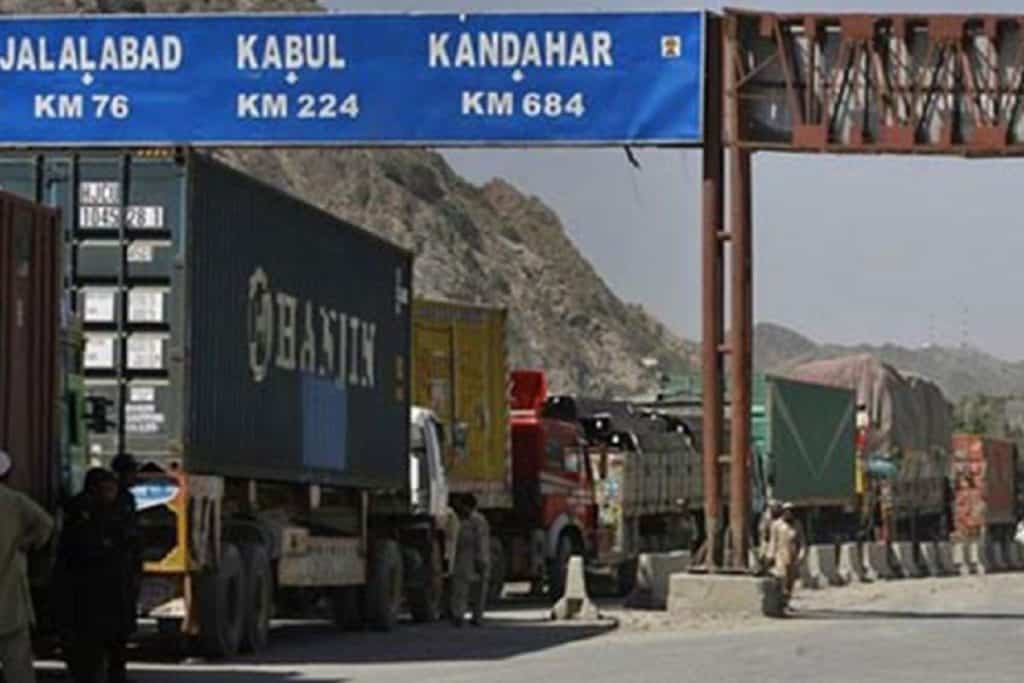By Denis Korkodinov
Islamabad’s aspirations for a positive shift in relations with Kabul now have a huge impetus, given Pakistan’s compliance with a number of conditions.
The government of Imran Khan, in his policy, proceeds from the conviction that his attempts to establish a constructive dialogue with Afghanistan contribute to the normalization of bilateral relations. However, currently Kabul does not see the Pakistani leadership as an ally or business partner.
There are a number of unresolved issues between countries. First of all, it concerns the support of the Taliban movement by Islamabad, which is in opposition to the official sources of power in Kabul. Among other things, Afghanistan is unhappy with the bans that Pakistan has established to supply Indian goods to the Afghan market. And if, through mutual negotiations, the first problem is at the stage of resolution, the second problem is still the main stumbling block between Kabul and Islamabad.
With regard to the cooperation of the Pakistani government with the Taliban, Afghanistan, despite the fact that it formally shows concern, actually agrees to close its eyes to the fact that Imran Khan has made a lot of efforts to promote the peace process in Kabul. The recent visit of Special Envoy of the President of Afghanistan Omar Daudzai to Islamabad was a definite signal for the normalization of the interstate dialogue.
According to the Afghan-Pakistani agreements reached at the highest level, the governments of the two countries plan to set up a joint communications center during June 2019 to share intelligence information and develop preventive measures to neutralize terrorist threats and eliminate drug trafficking.
At the same time, it is worth noting that such tendencies toward a rapprochement between the positions of Kabul and Pakistan are most likely situational in nature, and therefore they are unlikely to be designed for the long term. At the very least, the Afghan leadership continues to exercise caution in relations with its Pakistani counterparts and hopes that Islamabad will not flirt with any of the armed groups involved in the Afghan conflict.
Nevertheless, the Indian factor remains the main sticking point between countries. Kabul has repeatedly threatened to block the transit of goods from Pakistan, if Islamabad does not allow Indian goods to enter the Afghan market. Now India, due to Pakistani sanctions, is forced to transit its goods to Kabul through the territory of Iran. However, the escalation of the US-Iran conflict creates significant obstacles for New Delhi in using Tehran as a transit zone.
In the process of resolving this problem, the Prime Minister of Pakistan, Imran Khan, is likely to be able to take into account Afghan concerns. The fact is that because of its own sanctions, Islamabad himself began to experience economic difficulties associated with restricting access to the markets of Afghanistan. So, Kabul has re-directed more than 70 percent of its exports to India, China and Iran, with the result that the volume of Afghan-Pakistani trade has decreased by about 2 times. Given these circumstances, Islamabad is more likely to agree to lift the ban on the transit of goods from India to Afghanistan with the expectation that Afghanistan will increase the pace of economic cooperation with Pakistan.
The most important achievement in the normalization of relations between Islamabad and Kabul is that Pakistan can get almost unlimited access to the world market, which will allow the government of Imran Khan to significantly strengthen its position both domestically and internationally. However, this development is possible only if Islamabad maintains neutrality, without engaging in any conflicts with anyone. This is necessary in order to direct all the resources of the state to their own development, and not to waste them on confrontation with strong opponents.
(The opinions expressed in this article are solely those of the author and do not necessarily reflect the views of World Geostrategic Insights).







